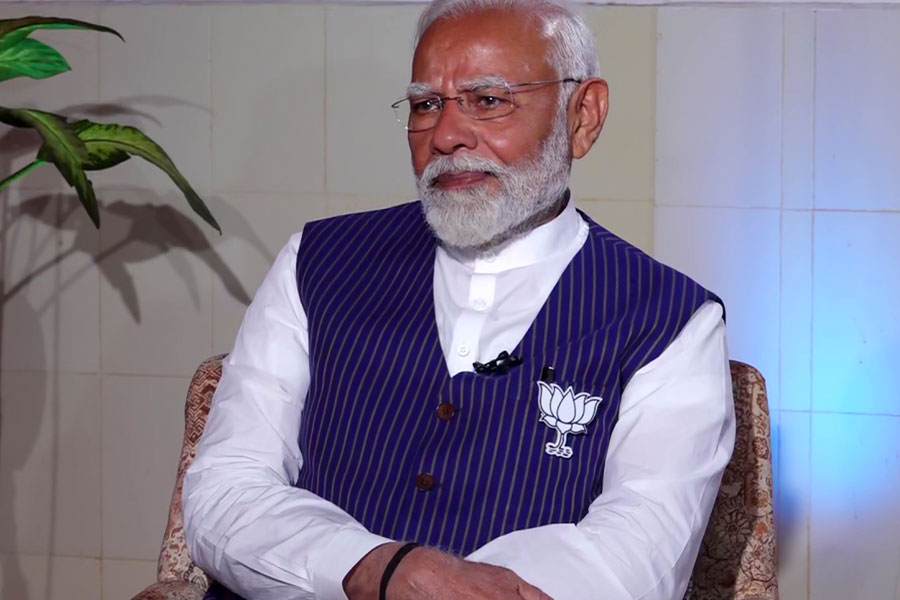Democratic segments of the nation have been eager to know the reason behind the prime minister’s unwillingness to address press conferences — unless benign queries are being lobbed by neutered journalists. Narendra Modi has now provided the answer — yet another Freudian slip? — saying that the absence of neutrality in the media is the cause for the prime minister of the mother of democracy shunning press conferences. Mr Modi is, of course, right in one aspect: the nature of the Indian media, barring a handful of exceptions, has changed — from the one that barked to an entity that whimpers at the sound of its master’s voice. That should not displease Mr Modi who is known to be averse to scrutiny or transparency. The taming of the Indian media and its deleterious consequences for democracy in the country are among the lasting legacies of Mr Modi’s regime. Incidentally, the consumers of news in India are in agreement with the prime minister. Two years ago, a survey found that 45% of the respondents were aware of the nuisance of the media reporting favourably on Mr Modi’s government. The winners in this dubious game are the government and the media. The former burnishes its image, the ground realities notwithstanding, on account of having the media on a leash; the latter, of course, laps up government largesse at a time of diminishing profits and extreme competition. The loser, however, is truth and, in turn, India’s democratic ethos.
The end result of this alleged quid pro quo is telling. By turning into cheerleaders of the regime, large sections of the media have lost their credibility. Consequently, when the government chooses to tighten the leash — the noose — through repressive legislations or otherwise, public support for the news fraternity is hard to come by. The loss of trust in the traditional media as well as social media’s penchant for being flooded with falsity has resulted in the creation of an informational vacuum: there is a demand for unbiased information with very little supply of this precious commodity. This gap can only strengthen the forces of post-Truth. Mr Modi’s remark though raises an important question: how does one define media neutrality? News institutions cannot be partisan. But speaking truth to power, the media’s dharma, is possible only when journalists subscribe to ethics and opinions that are integral to the journalism of truth. In that sense, the media should subscribe to some cardinal values and shun a neutrality that is servile.










